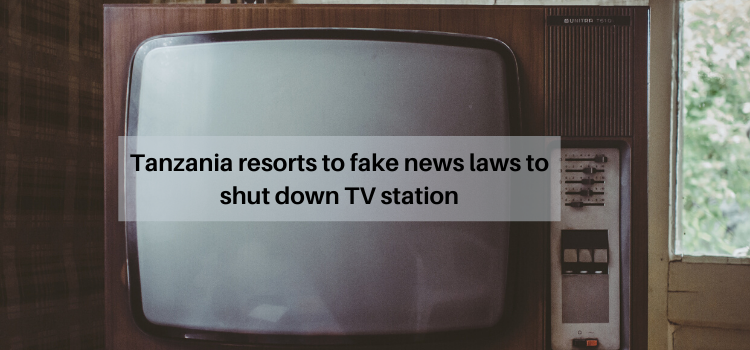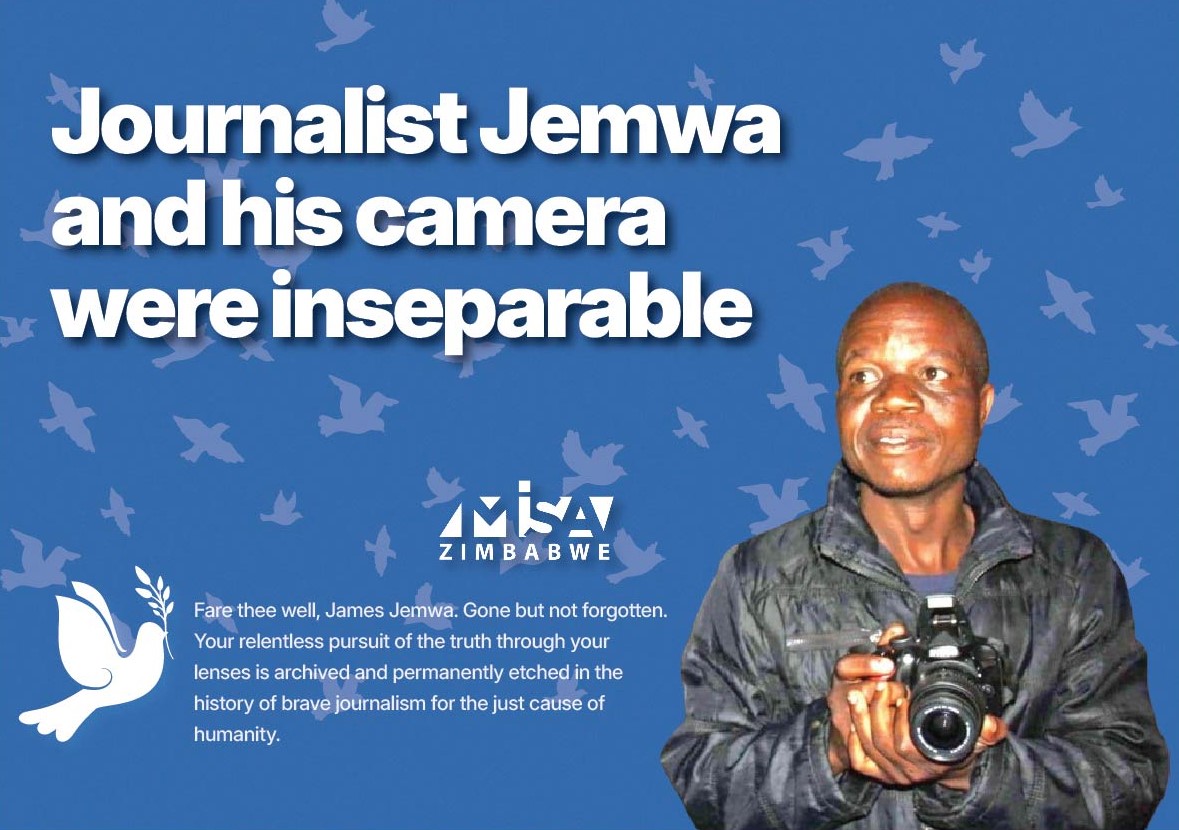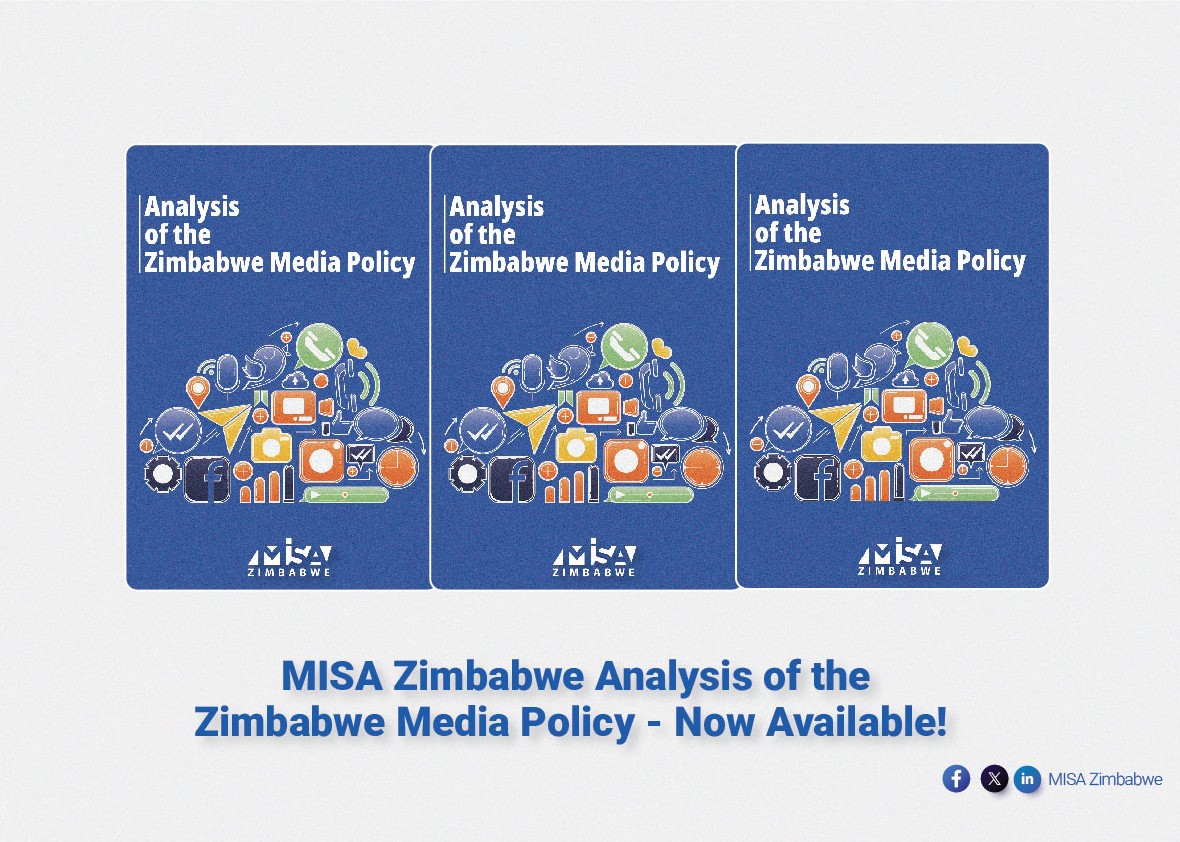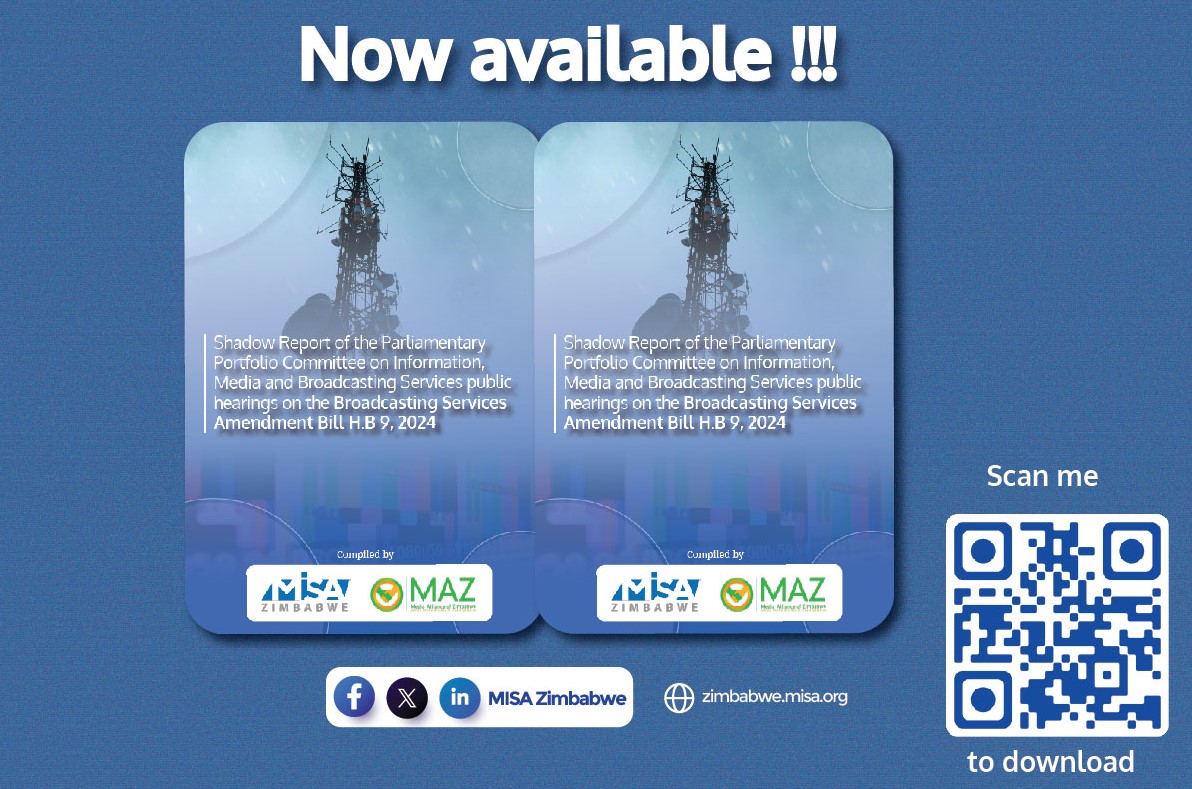The Tanzanian government has suspended Kwanza Online TV for 11 months for allegedly publishing an unbalanced, biased, misleading and disruptive story on the state of the COVID-19 in that country.
On 1 July 2020, Kwanza Online TV, published an alert issued by the United States government warning its nationals about the spread of COVID-19 in Dar es Salaam, which the Tanzania Communication Authority Content Committee deemed to be false, misinforming, malicious, intended to cause panic and harm the country’s economic activities such as tourism.
This is the second time that the government has suspended Kwanza’s licence after the station was banned for six months for failing to publish user policies and guidelines.
In April, the Tanzanian government suspended the online licence of Mwananchi daily newspaper after it published a picture of President John Magufuli online. In the picture, President Magufuli was surrounded by many people, with the newspaper asking what this meant in the wake of social distancing advice to prevent the spread of COVID-19.
Furthermore, Talib Ussi Hamad, a journalist with the Tanzania Daima daily newspaper, was suspended for six months for his reports on the COVID-19 outbreak in that country.
Tanzania’s regulatory environment on fake news is already a tough one and the laws have been deployed to deal with media organisations that are accused of not towing the official line.
MISA Zimbabwe position
While there is a need to curb the proliferation of fake news, it is our considered position that using regulations and resorting to suspensions is not the right way to go about it. Thus, we urge the Tanzanian authorities to be biased towards freedom of expression by not promulgating misinformation laws.
Rather, the Tanzanian authorities in collaboration with civil society and citizens should come up with an all-inclusive approach to find ways of dealing with false news, without necessarily resorting to regulations.
This could be done by freeing the airwaves and allowing more print and online news as opposed to choking the media industry as this inadvertently leads to the spread of fake news.
These laws should lean more on the side of entrenching fundamental human rights in line with the constitutional provisions and regional and international instruments that safeguard these freedoms such as the African Declaration on Internet Rights and Freedoms and Declaration on the Principles of Freedom of Expression and Access to Information in Africa, among others.
MISA Zimbabwe Regional Solidarity Statement













